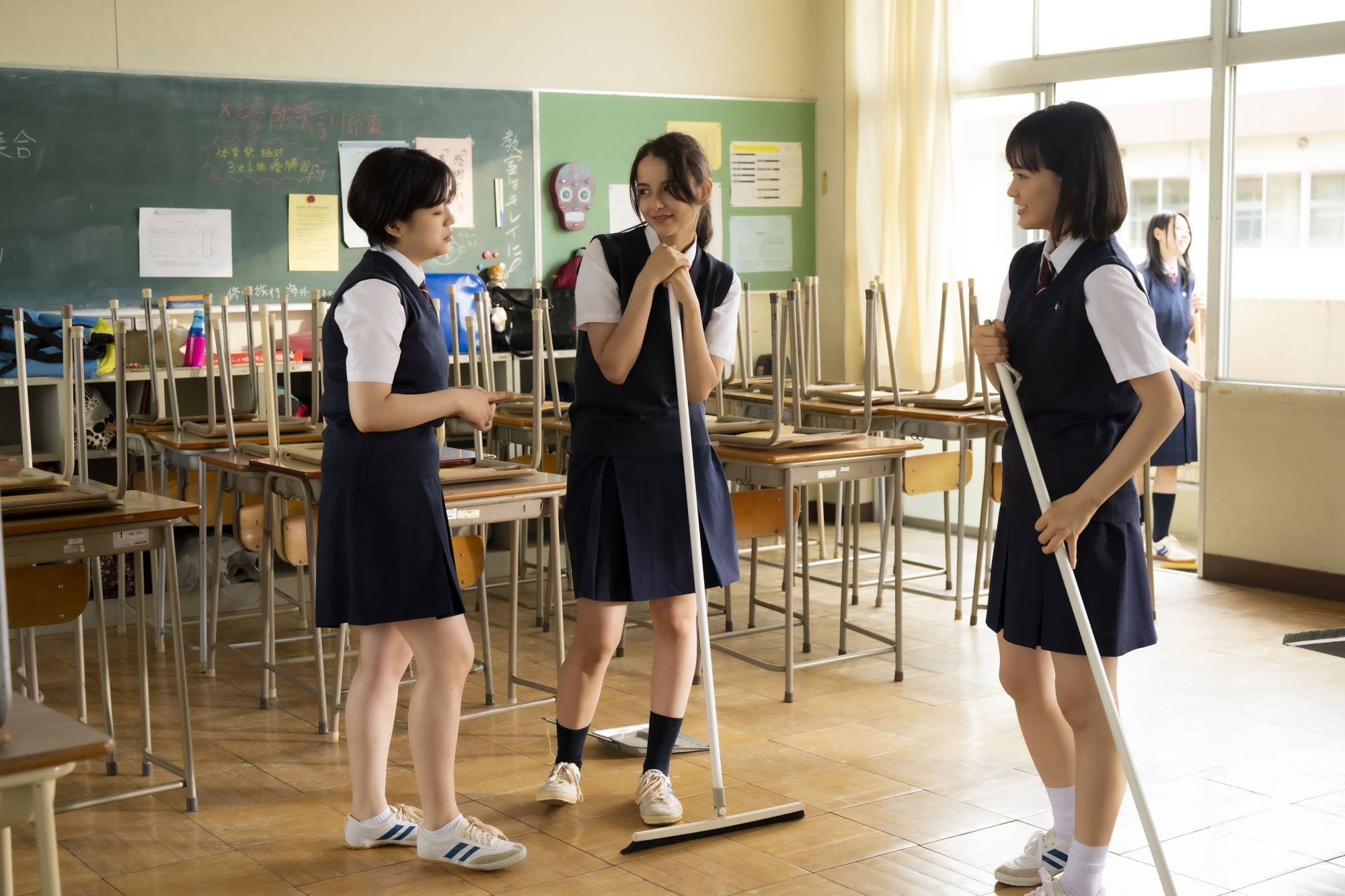Japan is not a welcoming country for refugees. In 2019, only 44 of the 10,375 people who applied for refugee status — a long and complex process with many bureaucratic hurdles — were accepted. Visa overstayers and others who fall afoul of the rules can be confined in 17 detention centers around the country, where their treatment is notoriously harsh.
This grim reality is reflected in Akio Fujimoto’s “Passage of Life” (2018), a film based on a true story about a family from Myanmar in Japan; and Thomas Ash’s “Ushiku” (2021), a hard-hitting documentary about conditions in a detention center near Tokyo. Emma Kawawada now tackles the subject in the compelling (if a bit long) "My Small Land," about a family of Kurdish refugees living here.
Based on her own script, the film is less a crusading docudrama than an intimate, unsparing portrayal of how the family copes with its difficult situation, beginning with the eldest daughter, the 17-year-old Sarya (Lina Arashi). Like her younger sister and brother, she grew up in Japan and speaks fluent Japanese, even to her rough-edged but good-natured father, since her knowledge of Kurdish is negligible. (Her mother is missing, for reasons unexplained.) Meanwhile, Dad tries to make Sarya and her siblings aware of their Kurdish heritage, though her memories of life prior to Japan are dim.



















With your current subscription plan you can comment on stories. However, before writing your first comment, please create a display name in the Profile section of your subscriber account page.